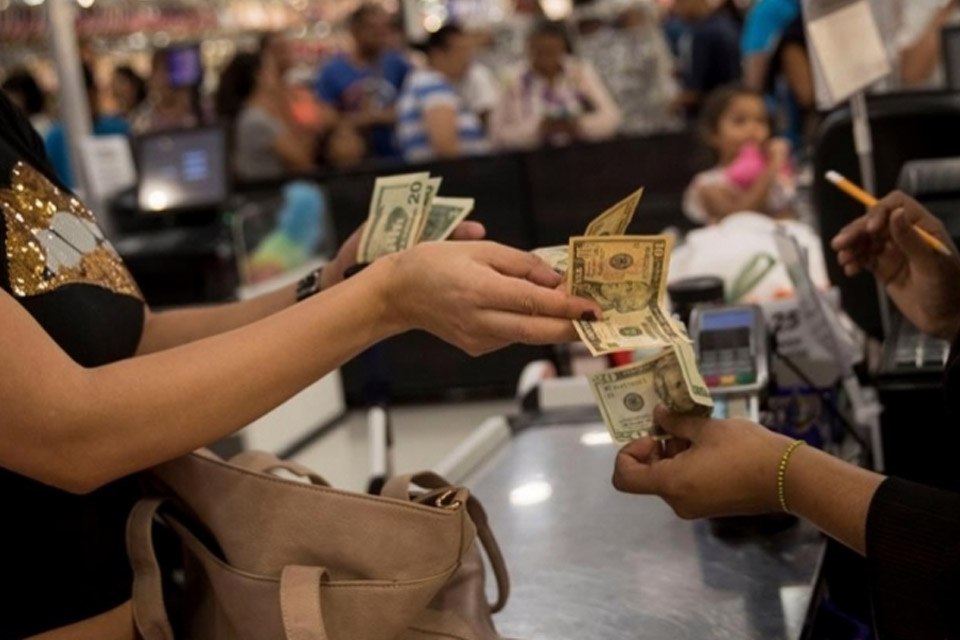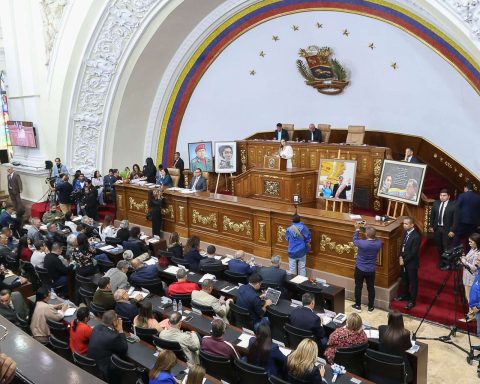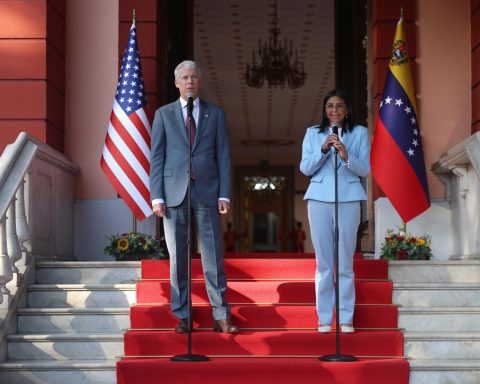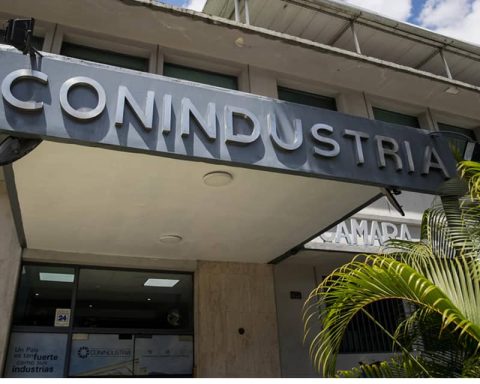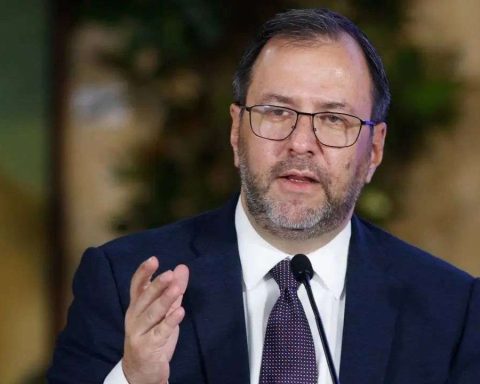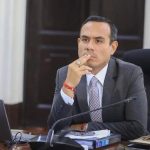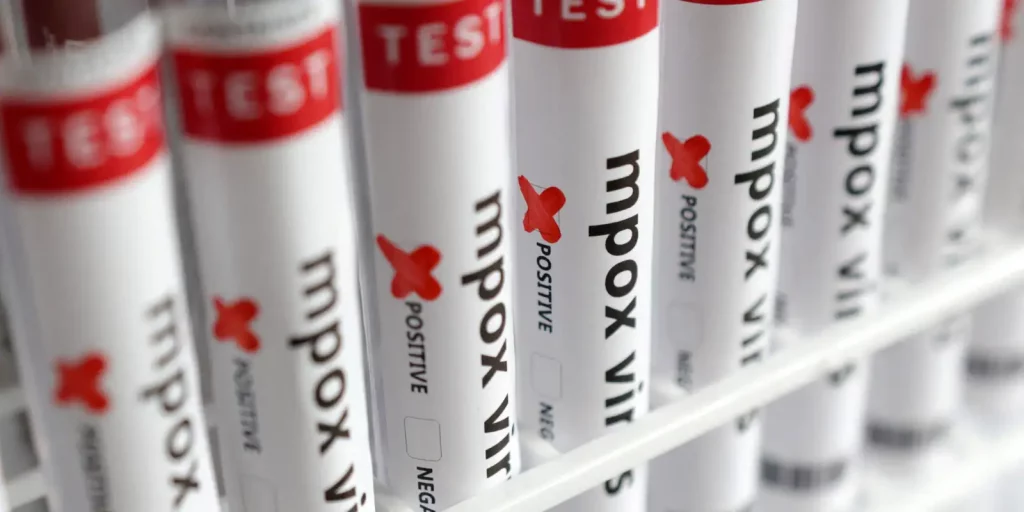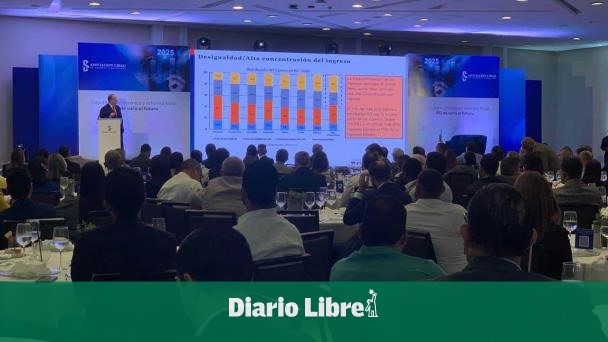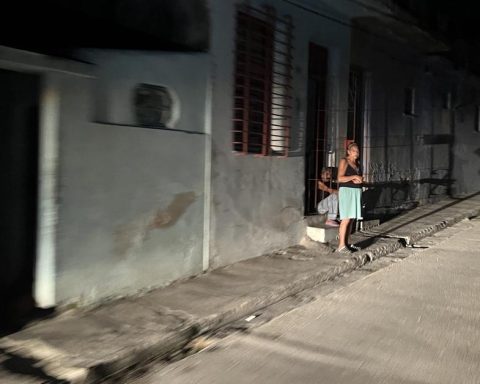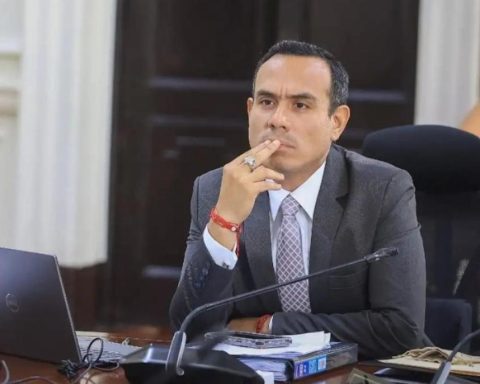Specialists gathered at the UCAB pointed out that the gap between the official and parallel exchange rates usually precedes devaluation processes, as the bolivar is already experiencing, which will impact inflation. They said that next year 2025 will continue to be marked by the efforts made to increase oil production, while the stock market will try to become a leading actor in the field of financing.
The structural conditions of the Venezuelan economy towards the end of 2024 suggest that in 2025 the country will experience higher inflation than seen this year, according to experts projected during the forum «Economic Perspectives: Challenges and Opportunities for the Venezuelan Economy»held within the framework of the XXVIII Congress of Economic News of the School of Economics of the UCAB.
In recent weeks, the bolivar has been suffering a significant drop in its value against the dollar, breaking with the relative monetary stability that characterized most of the year. The official exchange rate, determined by the Central Bank of Venezuela (BCV) HE moved 15.86% in just one month, going from Bs 38.88 to Bs 45.05. Added to this is the gap that remains with the parallel exchange rate, which is around Bs 53.22 per dollar.
This situation, added to the underlying problems of the Venezuelan economy, puts pressure on prices, causing inflation to progress more strongly than in the first nine months of the year.
This is how Jesús Palacios, senior economist at the consulting firm, summarized it. Ecoanalyticswho participated as a panelist along with Giorgio Cunto, a scholarship holder from Chevening; Óscar Doval, president director of the consulting firm Moore GSF; and Rosamnis Marcano, senior economist at the financial advisor EMFI Securities.
«At Ecoanalítica we estimate inflation at the end of this year of 50%, compared to the figure of less than 30% that the BCV seems to calculate. Much of the inflationary effect is conditioned by what happens in the exchange market and our concern is in the exchange difference. This gap between the official exchange rate and the parallel exchange rate usually anticipates periods of devaluation and price volatility. By 2025, we project that inflation will be 70%,” highlighted Palacios, who is a professor of Macroeconomics II at UCAB.
Although he agreed that inflation will surely escalate in 2025, Giorgio Cunto clarified that a new episode of hyperinflation is not expected, at least not for the moment. «In the short term, Venezuela is not at risk of returning to the hyperinflationary path, but it still has the same underlying problems: little trust in the issuing entity and a low reputation of the bolivar.
Cunto, who served until 2023 as Professor of Statistics III at the UCAB School of Economics, added that the policy applied by the Government in the last two years, which consists of anchoring the official exchange rate by injecting dollars into the exchange market, is “showing quite a few cracks”, which is why he believes that the evolution of inflation will depend on factors such as the fiscal deficit.
For his part, Óscar Doval assured that this policy of anchoring the exchange rate will continue, since the Government seems to be committed to the idea of maintaining stability based on it, “which is why they have reduced their fiscal spending and monetary issuance, At the same time they inject dollars, in order to contain the exchange rate and, in that way, also inflated it.
Finally, Rosamnis Marcano brought up a worrying precedent: Economies do not tend to stabilize around high inflation rates. He stated that economic history shows that these tend to reduce to normal and sustainable levels or skyrocket.
«High inflations are volatile. They are not sustainable over time. Either they are resolved and lead to low inflation or they lead to hyperinflation. We see the level of inflation that Venezuela is aiming for still quite high,” Marcano warned.
Oil-dependent growth
After the most difficult stage of the economic crisis, between 2018 and 2020, the economy stopped its decline and began a timid recovery, which showed outbreaks of activity and commercial dynamism unrelated to the oil industry. However, this type of activity establishes a very low ceiling for growth, as it does not generate a sufficient multiplier effect in the national economy.
«The sectors that have grown in recent years are concentrated in the services area. This leads us to this drawing in which we can find spaces where there is dynamism, but they do not have productive depth or a drag effect to cause sustained growth,” Cunto said.
Due to these limitations, Venezuela seems to be forced to maintain its dependence on oil and multiply its efforts to recover the quotas it once produced.
In fact, Doval maintained that, to enter a path of more substantial economic growth, it will be essential to “increase oil production and work to eliminate or reduce sanctions,” which currently force the sale of the little crude oil that is produced at lower prices. discounts, given the existing limitations to market it through regular channels in the natural markets of Venezuela.
On this point, Marcano predicts that 2025 will be a more prosperous year in terms of crude oil extraction, largely due to the investments that the American Chevron makes in the Venezuelan fields in which it has a stake.
“The pace of production increase may not continue as rapidly next year, but we believe it is quite likely, given Chevron’s investment, that we will exceed one million barrels per day, even in this context,” he predicted.
Stock market: another key for 2025
In the midst of this panorama and given the credit limitations that banks have, dozens of commercial and productive projects need financial muscle to be able to create or scale. It is there where the stock market tries to become a protagonist and offer alternatives for the benefit of companies and investors who believe in the work of the Venezuelan business community.
This was pointed out by several panelists during the forum «Venezuelan Stock Market: Prospects for Growth and Business Financing in a Changing Environment»which brought together Horacio Velutini, president of the Caracas Stock Exchange (BVC); Jesús Leonett, independent financial consultant; Ramiro Molina, managing partner of Ridery, and Adriana Goncalves, financial director of the Fivenca brokerage house.
«There is a great opportunity in the stock market. The credit needs in Venezuela are immense. There are many people looking for capital for a project, many looking for the opportunity to do something new,” Velutini highlighted.
According to the businessman, andIn the course of 2024, the BVC doubled its figures compared to last year, achieving double the number of transactions and reaching a market capital that exceeds $3.5 billion.
However, the speakers pointed out that it is necessary to promote financial education so that companies and individuals can see the stock market as a financing option, highlighted a press release from the UCAB.
«There is an equal margin of opportunity. In Peru and Colombia, the market capitalization reaches $150 billion and they are not economies much larger than ours. Imagine the growth that could occur in the market. The challenge is financial education. “People believe that the market is something abstract, difficult to understand,” argued Goncalves, professor of Financial Economics at UCAB.
The panelists added that important work is required to claim Venezuela as a country brand in international markets, with the aim of bringing foreign investment.
«What is difficult is raising capital from abroad. The stock market will continue to dedicate itself to explaining Venezuela as an investment opportunity. The stock market is very transparent. It is much safer, open, saying what your financial statements and your profit margins are,” Velutini insisted.
He assured that the bet, internally, is to convince more investors, Well, currently only 55,000 people trade shares on the stock market, which turns 21 million citizens into a potential market. In order to meet that objective, he said that the BVC and the brokerage houses are designing technological solutions that bring the stock market closer to citizens.
«An application is coming out to see prices, and also a transaction simulator. We are inviting brokerage houses to create apps (applications) to be able to trade directly. In 2025 there will be apps to buy and sell from the phone, and there we will connect and make all this known,” concluded the president of the Stock Exchange.
*Read also: Conindustria: Pensioners receive an additional $20 in war bonus with Pension Law
Post Views: 570
